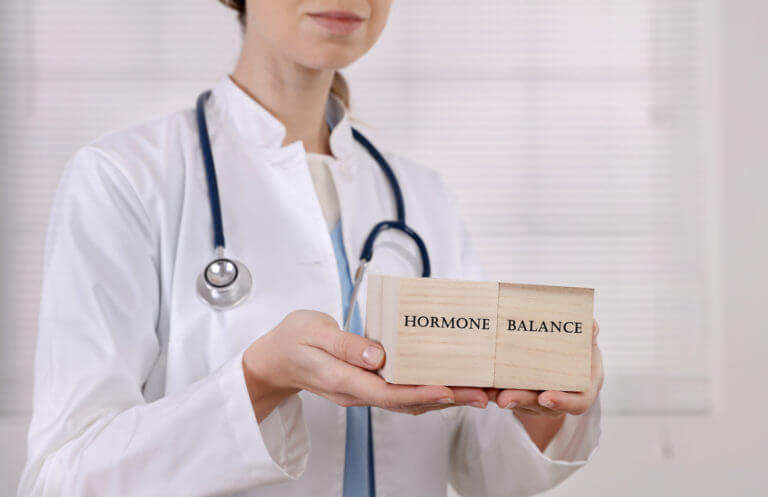
Hormonal imbalances can happen throughout all stages in a woman’s life. If left untreated, some hormonal imbalances can cause severe problems – especially in women. Therefore, there are some crucial things you should know about hormonal imbalances. We have all heard about menopause, pregnancy, and menstrual cycles, but did you know many other body systems need hormones, too?
What Are Hormones?
You’ve probably heard of hormones, but do you know exactly what they are? Hormones are chemical messengers that some organs of the body exert. Hormones are controlled by endocrine glands, like the pituitary gland or adrenal glands. Hormones tell various bodily systems and organs to do specific things to help the body function. Hormones are critical to the body’s functioning, and a hormone imbalance can wreak havoc on it.
However, hormonal imbalances don’t always mean something is wrong. Normal fluctuations of hormones occur with puberty, pregnancy, breastfeeding, and menopause. Each of these hormone fluctuations happen during the normal aging and reproductive processes.
Some of the hormones involved in sexual reproduction are FSH, estrogen, progesterone, luteinizing hormone, and prolactin. Rises and falls in these hormones are responsible for ovulation, menopause, breastfeeding, and more.
What Causes Hormonal Imbalances?
There are many causes of hormonal imbalances. Some of the causes and symptoms are dependent on the organ or hormone in question.
One cause of hormonal imbalances is tumors. Tumors, whether cancerous or benign, can cause the gland or system to function abnormally. One example of this is someone who has a growth on their thyroid gland. The growth, or tumor, can cause an under- or over-abundance of the hormones, thyroxine (T4) or triiodothyronine (T3). As a result, the bodily processes controlled by these hormones can be negatively impacted.
Other causes of hormonal imbalances include:
- Certain medications
- Chemotherapy for cancer treatment
- Eating disorders
- Stress
- Injuries
- Trauma
- Weight gain or loss
The primary cause of hormonal imbalances in women is polycystic ovarian syndrome (PCOS). PCOS can cause premature menopause, infertility, as well as a variety of symptoms.
Symptoms of a Hormonal Imbalance in Women
There are many symptoms women and men exhibit when they have a hormone imbalance. Some are the same for both women and men, like weight gain, muscle weakness or aches, tenderness, stiffness, and swelling of joints. However, some symptoms typically exhibit in women only. Examples include:
- Heavy, irregular, frequent, missed, or stopped periods
- Night sweats
- Irritability
- Bloating
- Excessive hair growth on the face, chin, or other parts of the body, called hirsutism
- Skin tags
- Darkening of the skin, especially on the face, creases along the neck, groin, and under the breasts
- Headaches
- Vaginal dryness
- Pain during sex
If you have any of these symptoms, you may have a hormonal imbalance, but symptoms alone can’t be used to give a diagnosis. Check with your doctor and request a physical exam and diagnostic testing to verify if you have this health problem or if something else is responsible for your symptoms.
How Do Doctors Diagnose A Hormone Imbalance?
A physician can diagnose a hormone imbalance after performing a physical exam, assessing symptoms, and ordering diagnostic testing. While blood tests are most commonly used to check for a hormone imbalance, some doctors may choose to also order diagnostic imaging to examine the shape and size of organs responsible for hormone production, as well as to rule out other possible causes of the symptoms. Examples of diagnostic testing used to diagnose hormone imbalance in women include:
- MRI
- Ultrasound
- Biopsy
- Pelvic or breast exam
- X-ray
University OB/GYN Associates
The expert physicians at University OB/GYN Associates have a wealth of experience diagnosing and treating all types of women’s health problems, including hormonal imbalances. If you suspect you may have a hormone imbalance, don’t hesitate – schedule an appointment with a women’s health expert today.
Schedule a visit with one of our physicians or nurse practitioners if you feel you may have symptoms associated with a hormonal imbalance. Call us at (315) 464-5162 to schedule an appointment.



